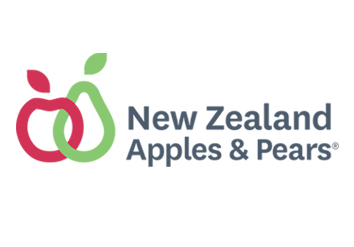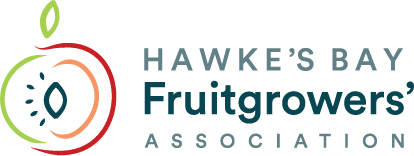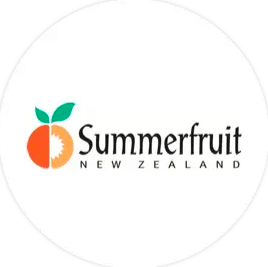
Hannah Riley, Global Sustainability Advisor, New Zealand Apples & Pears
Sustainable products are increasingly expected by investors, regulators, customers, and consumers. This is evident by the plethora of sustainability strategies and targets, policies, and regulations that are being developed and implemented around the globe: EU Green Deal, EU Farm to Fork Strategy, UK’s Green Claims Code, Japan’s MeaDRI, China ESG Reporting. In New Zealand there has been an increase in sustainability-related reforms in the agriculture sector: He Waka Eke Noa, the Essential Freshwater Package, Te Mana o te Taiao, and Modern Slavery and Work Exploitation.
But these sustainability expectations are not just being driven by government regulation, customers and consumers are encouraging. Tesco set a science-based target for emissions reduction; this means that Tesco’s supply chain will need to reduce emissions too. Waitrose & Partners, an UK supermarket, has a section specifically for B Corp products. There has also been an increase in investors seeking climate risk analysis and Boards completing climate-related financial disclosures.
The changing face of customer requirements towards sustainability means that sustainability is important and relevant to the New Zealand apple and pear industry. Furthermore, sustainability is becoming a market access issue, and failing to prepare for sustainability requirements is a risk to the industry. I recently heard someone say that ‘the question is when, not if, sustainability will be the baseline for maintaining market access’. As such, the industry needs to be prepared for these sustainability-related expectations, so that sustainability can move from being a risk to the industry to an opportunity.
The industry is well-placed to seize sustainability opportunities. The industry has previously innovated to meet customer requirements (i.e., low pesticide use) and has been ranked number one in the world numerous times. This has been necessary because industry cannot compete with other markets in terms of cost etc. The industry can continue to be innovate and a world leader by taking sustainability action, this will help the industry maintain market access as well as retain a competitive advantage over other markets.
NZAPI will work with our members to manage sustainability risks and opportunities. This will involve preparing a sustainability strategy that identifies key areas, measuring and monitoring these key areas, and developing improvement strategies across these key areas.
Please email Hannah Riley at hannah@applesandpears.nz if you would like to chat about sustainability.





